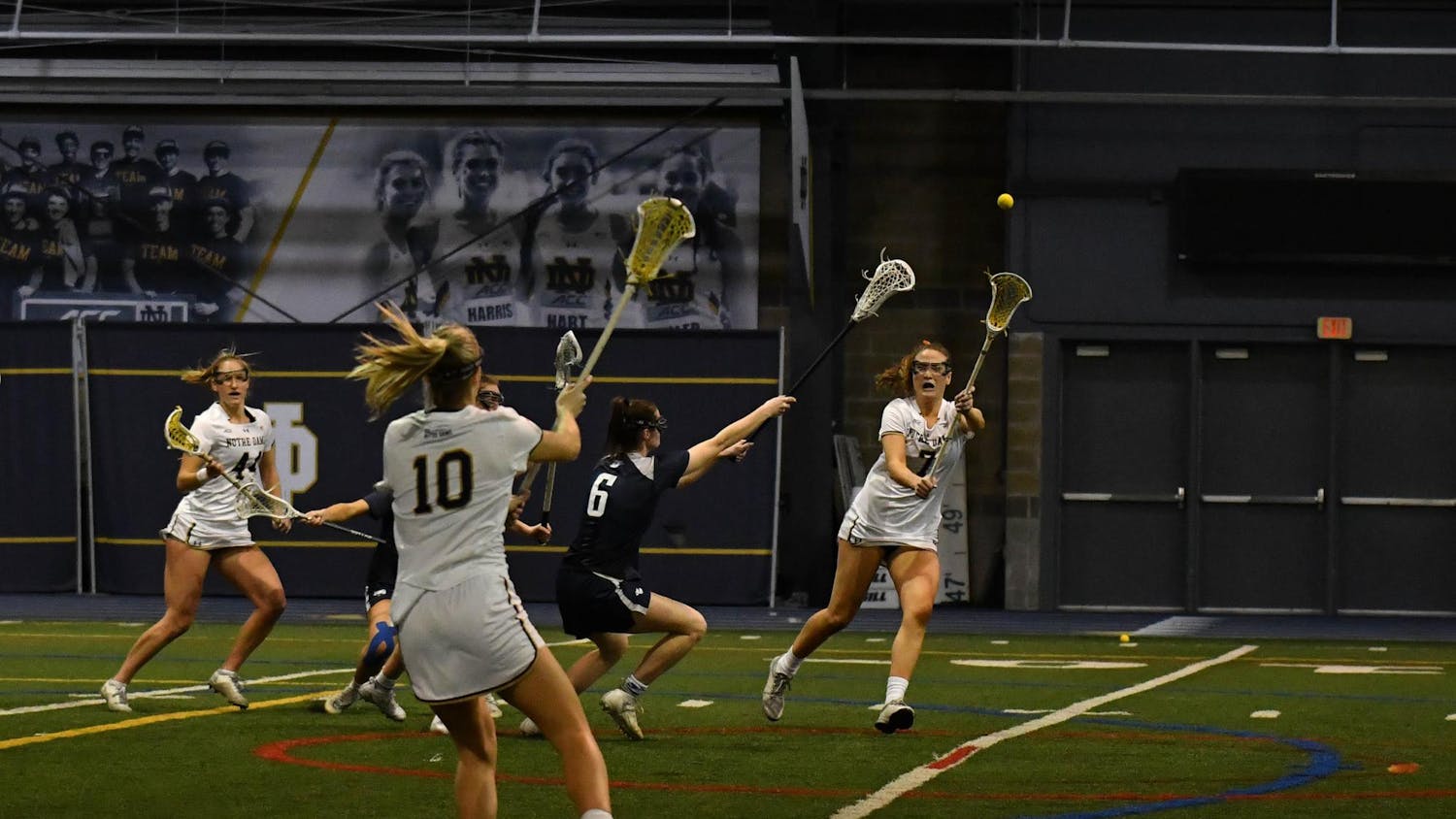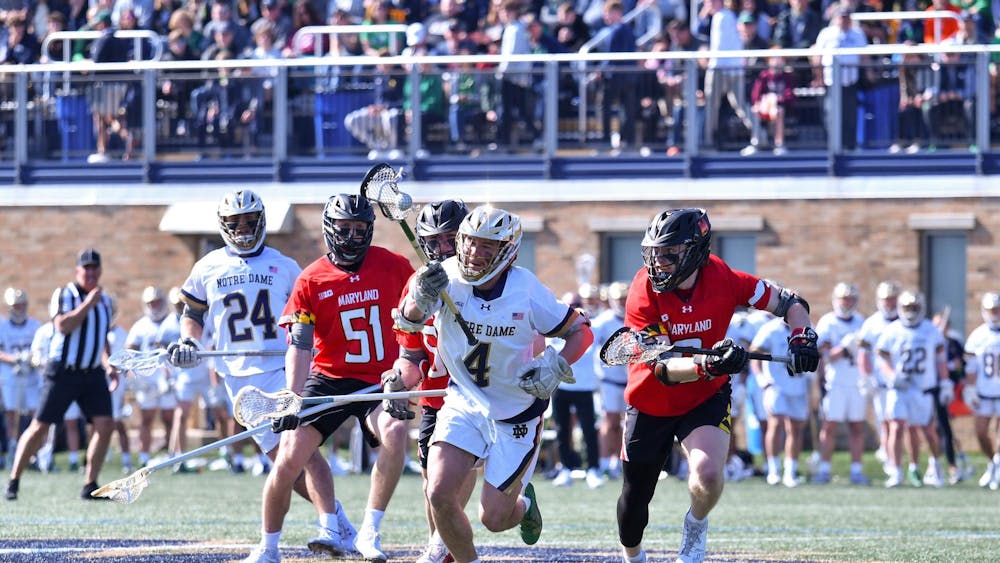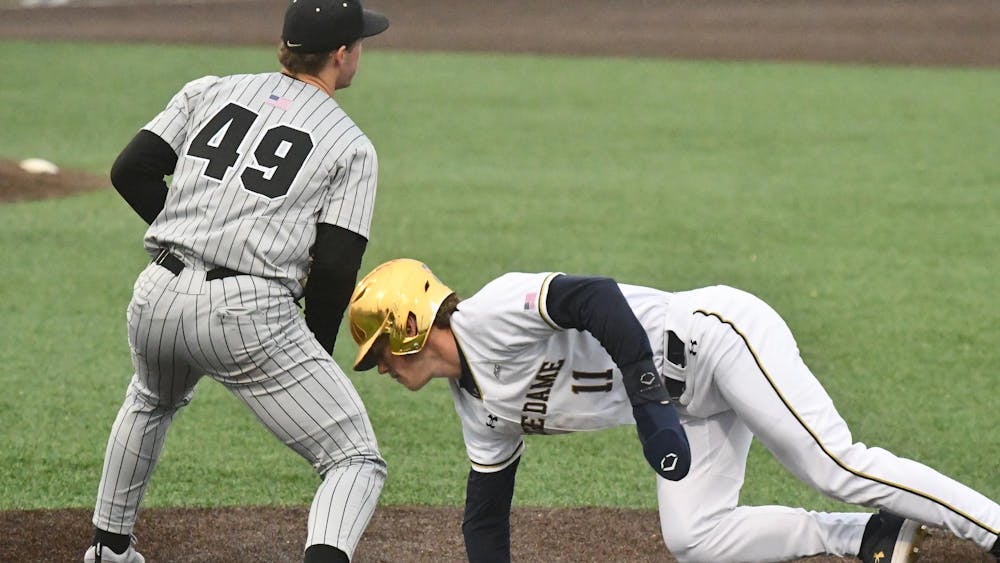Well, that was fun.
After erasing a nine-point deficit in the second half to beat Wisconsin, Duke was crowned as the champions of college basketball for the fifth time in the school’s history. Duke’s dramatic win over Wisconsin was an outstanding conclusion for yet another fantastic year of March Madness, as the NCAA tournament proved itself once again as the most exciting tournament in sports.
But that’s exactly what it is: a conclusion. Now what?
Outside of the diehard college basketball fans, many casual fans won’t reinvest their interests into the sport for another 11 months. For most, fans have already redirected their attention to baseball and won’t concern themselves with college basketball again until the football craze that sweeps over the nation every year reaches its end by March of next year.
The hangover college basketball feels following its riveting postseason is no secret, and NCAA basketball officials have addressed the need to close the gap in popularity between the sport’s postseason and its regular season.
“I don’t think internally we’re blinded by the success of the NCAA tournament," Dan Gavitt, the NCAA vice president of men’s basketball championships, said during the Final Four in Indianapolis. “We realize the game needs to be worked on the other 11 months.”
But why does the sport reach such a lull during its regular season?
It doesn’t lack star power, as the one-and-done rule basically ensures the most gifted recruits out of high school play college basketball for at least one year. The coaches who have been the faces of college basketball for years are still present and succeeding — just look at the Final Four. Mike Krzyzewski, Bo Ryan, Tom Izzo and John Calipari are four of the 10 best coaches in the sport over the last 15 years and were all competing against each other in Indianapolis.
The problem is, as Iona head coach Tim Cluess simply put it in an interview with The New York Times, “The product stinks.”
Connecticut women’s basketball head coach Geno Auriemma said he shares a similar belief and made a splash publicly by criticizing the men’s game even more harshly than Cluess.
In a pre-Final Four teleconference last week, Auriemma said, “I think the game is a joke. It really is. I don’t coach it. I don’t play it, so I don’t understand all the ins and outs of it. But as a spectator, forget that I’m a coach, watching it, it’s a joke. There’s only like 10 teams, you know, out of 25, that actually play the kind of game of basketball that you’d like to watch.”
That’s quite a bold claim, especially when coming from the mouth of one of the best basketball coaches to have ever lived. Unfortunately for the sport of college basketball, the statistics back up Auriemma.
According to KPISports.net, the average points per game for teams has seen a relatively steady decline from 75 in 1995 to 67.1 in 2015.
Furthermore, according to Seth Davis of Sports Illustrated, this season was the slowest season in terms of possessions per 40 minutes since tempo started to be tracked in 2002.
These numbers can be attributed not to any specific problem with the players and coaches, but mainly to the style in which the game is now played.
Men’s college basketball is being played with more physicality than ever before, and this increase in physicality has led to a slower and lower scoring game than the sport has seen in quite some time. This is a far stretch from the way the creator of basketball James Naismith had intended for the game to be played, as he explicitly prohibited “shouldering, holding, pushing, tripping or striking in any way the person of an opponent” in the fifth of his 13 original rules for the game of basketball.
This style of play is also far less exciting for fans, as the lack of scoring makes the game a lot less entertaining and is a primary reason why the game is nearly irrelevant for many viewers during the regular season.
It is clear college basketball is nearing a crisis state, and the officials of the sport have to address these issues as they enter into one of the sport’s most critical offseasons in its history.
Many fans, coaches and basketball experts are calling for rule changes to enhance the game’s entertainment value, including a shortened shot clock, an extended arc under the basket and a wider lane.
The NCAA men’s basketball oversight committee will meet May 13-15 to discuss potential rule changes for the sport in order to enhance its entertainment value to fans. This three-day span will be extremely critical not only for the current state of college basketball but also for the future of the sport.













